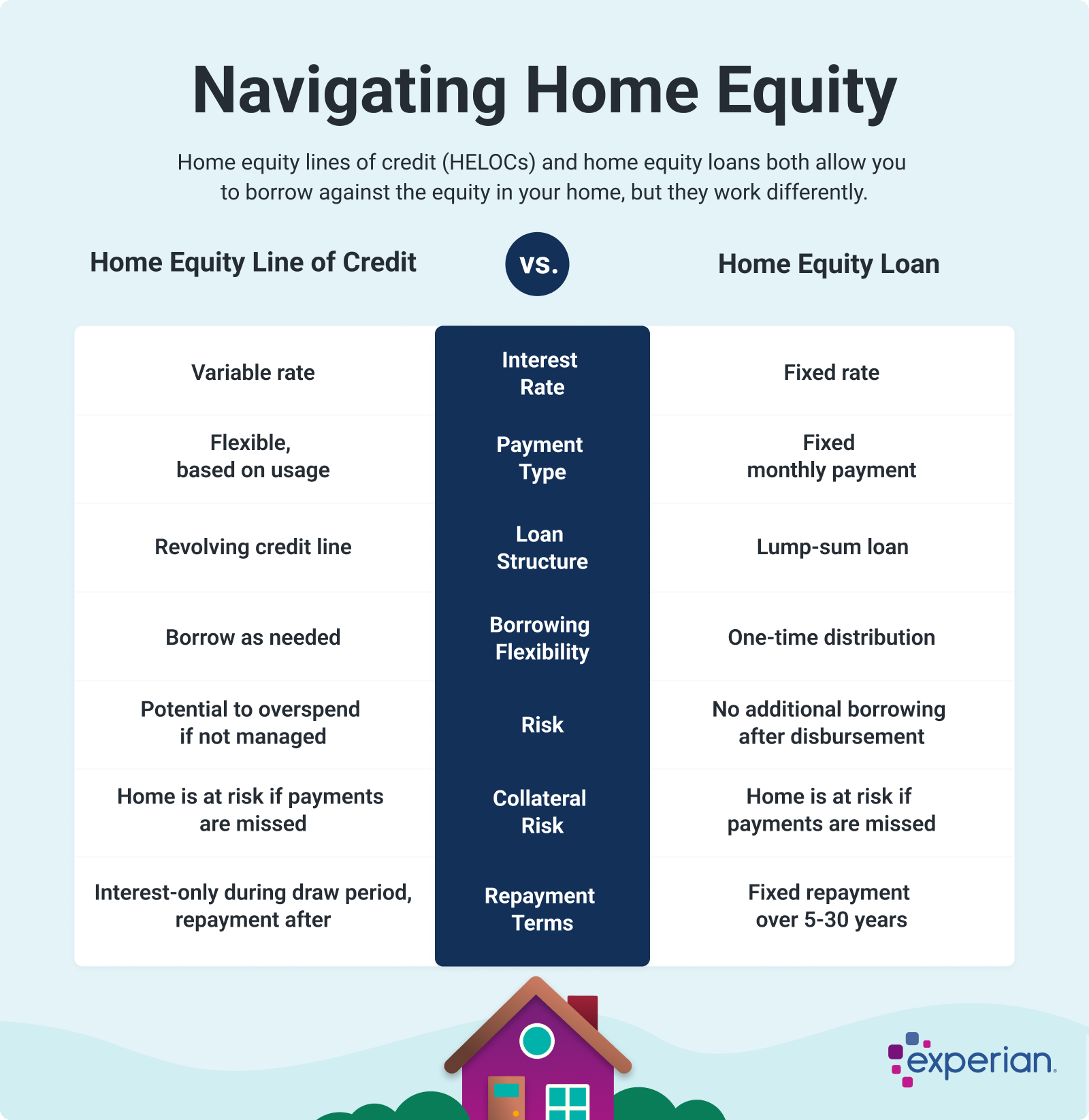Simple Guide for Applying for Equity Release Mortgages
Simple Guide for Applying for Equity Release Mortgages
Blog Article
Exploring the Various Types of Equity Release Mortgages Available Today
Equity Release home loans existing different choices for home owners aged 55 and over. equity release mortgages. These monetary items deal with various demands and choices, allowing individuals to access funds from their residential or commercial property. From life time home mortgages to common recognition mortgages, each type supplies unique advantages. Recognizing these choices is vital for making educated decisions. What elements should one think about when selecting the most ideal equity Release strategy? The details that comply with might clarify this important subject
Understanding Equity Release Mortgages
Equity Release home loans give house owners, generally those aged 55 and over, with a means to access the worth locked up in their building without requiring to sell it. This monetary option enables people to convert a part of their home equity right into cash, which can be utilized for various functions, such as home enhancements, paying off debts, or funding retirement.Equity Release can take various types, yet it fundamentally involves borrowing against the value of the home while maintaining ownership. House owners can pick to get a round figure or a collection of smaller sized payments, depending on their economic demands and preferences.Additionally, the quantity available for Release is influenced by the residential or commercial property's value, the property owner's age, and specific loan provider criteria. In general, understanding equity Release home loans is vital for home owners to make enlightened choices concerning taking advantage of their home's equity while considering the long-term implications.
Lifetime Mortgages
Lifetime home loans stand for one of the most preferred forms of equity Release. This monetary product allows homeowners, usually aged 55 or older, to obtain versus the value of their residential or commercial property while retaining ownership. The finance, which is secured versus the home, builds up passion gradually but does not call for regular monthly repayments. Instead, the finance and accrued rate of interest are repaid when the home owner dies or relocates into long-lasting care.Lifetime home mortgages provide versatility, as consumers can choose to get a round figure or choose a drawdown facility, accessing funds as needed. Significantly, many strategies come with a no-negative-equity assurance, ensuring that debtors will certainly never owe greater than the value of their home. This feature offers comfort, permitting individuals to enjoy their retirement without the worry of diminishing their estate. Overall, lifetime home mortgages function as a sensible alternative for those looking for financial backing in later life.
Home Reversion Plans

Drawdown Lifetime Mortgages
While several property owners look for means to access their riches, drawdown life time mortgages provide a versatile alternative that allows individuals to Release funds progressively. This type of equity Release home mortgage makes it possible for house owners to obtain versus the worth of their building while retaining possession. Unlike standard lifetime home loans, drawdown strategies permit debtors to access a part of their equity upfront and withdraw extra funds as needed, as much as a fixed limit.This attribute can be specifically advantageous for those who wish to manage their finances carefully, as it reduces rate of interest accumulation by only billing interest on the quantities attracted. Furthermore, drawdown lifetime home loans commonly feature a "no negative equity assurance," making certain that consumers will certainly never owe more than their home's value. This alternative matches retired people who prefer monetary safety and security and versatility, enabling them to satisfy unforeseen expenses or maintain their way of living without needing to sell their residential or commercial property.
Enhanced Life Time Mortgages
Improved Life time Home loans provide distinct benefits for qualified homeowners looking for to Release equity from their buildings. Recognizing the eligibility requirements is important, as it determines who can profit from these specialized car loans. It is likewise important to evaluate the prospective downsides associated with enhanced choices, guaranteeing a well-rounded perspective on their usage.
Qualification Requirements Discussed
Understanding the qualification criteria for Enhanced Life time Mortgages is important for prospective candidates seeking to access the equity in their homes. Usually, candidates must be aged 55 or older, as this age demand is basic in the equity Release market. House owners need to have a home valued at a minimum limit, which can vary by lender. Notably, the building should be their main home and in excellent problem. Lenders typically analyze the home owner's wellness status, as particular wellness problems might boost qualification and benefits. Additionally, applicants need to not have existing substantial financial debts secured against the home. Satisfying these criteria enables people to explore Improved Lifetime Home mortgages as a practical choice for accessing funds connected up in their homes.
Advantages of Enhanced Home Loans
After making clear the qualification requirements, it ends up being noticeable that Enhanced Lifetime Mortgages offer numerous considerable advantages for home owners seeking to leverage their residential or commercial property equity. Primarily, they give accessibility to a bigger car loan quantity contrasted to common lifetime home mortgages, profiting those with health problems or age-related elements that boost their life span threat. This enhanced borrowing capability enables home owners to satisfy various monetary needs, such as home improvements or retired life expenses. In addition, these mortgages normally come with adaptable payment alternatives, allowing borrowers to manage their financial resources a lot more successfully. The no-negative-equity warranty additionally assures that property owners will certainly never owe greater than their residential property's value, supplying comfort. On The Whole, Improved Lifetime Home mortgages offer a compelling alternative for eligible property owners looking for economic remedies.
Possible Drawbacks Thought About
While Improved Life time Home mortgages offer numerous advantages, potential downsides have a peek at this website warrant cautious factor to consider. One considerable issue is the effect on inheritance; the equity launched decreases the value of the estate left to recipients. Furthermore, these home mortgages can accrue considerable interest gradually, bring about a considerable Your Domain Name financial debt that may exceed the initial car loan quantity. There might additionally be limitations on home alterations or rental, limiting house owners' adaptability. Improved products frequently require specific health problems, suggesting not all house owners will certainly qualify. Finally, managing the fees and costs related to these home mortgages can be intricate, possibly resulting in unexpected costs. Because of this, people should thoroughly assess their scenario and seek advice from economic experts before proceeding.
Shared Gratitude Home Mortgages
Shared Appreciation Home loans represent an one-of-a-kind financial setup that enables homeowners to accessibility equity while sharing future residential property value increases with the lender. This technique provides possible advantages such as minimized monthly repayments, yet it additionally features disadvantages that should be thoroughly considered. Comprehending the eligibility needs is vital for those curious about this alternative.
Idea Review
Equity Release home mortgages, especially in the kind of shared admiration home loans, use property owners an one-of-a-kind economic option that enables them to access funds by leveraging the value of their residential property. In this setup, a lender offers a car loan to the property owner, which is commonly repaid with a share of the home's future gratitude in value. This means that when the home owner markets the residential or commercial property or passes away, the loan provider receives a portion of the boosted worth, instead than simply the initial lending amount. Shared recognition home mortgages can be appealing for those aiming to supplement their income or financing substantial expenditures while preserving possession of their home. The financial effects of common recognition have to be thoroughly taken into consideration by prospective customers.
Drawbacks and advantages
Although shared admiration home loans can provide substantial economic advantages, they additionally come with remarkable downsides that potential borrowers must consider. These home loans enable property owners to accessibility equity in their homes while sharing a part of any type of future admiration with the lending institution. This setup can be useful throughout times of climbing residential or commercial property worths, offering substantial funds without regular monthly settlements. However, the main drawback is the prospective loss of equity; house owners may wind up with considerably lowered inheritance for heirs. In addition, the complexity of the terms can bring about misunderstandings concerning payment obligations and the percent of appreciation owed. It is essential for customers to weigh these factors very carefully before dedicating to a shared admiration mortgage.
:max_bytes(150000):strip_icc()/dotdash-INV-infographic-Home-Equity-Loan-v1-9ae3dc9a5cc141d5a25ed2975c08ea1c.jpg)
Eligibility Demands
What requirements must homeowners fulfill to receive a shared recognition mortgage? Primarily, candidates need to go to least 55 years old, ensuring they are within the target market for equity Release items. In addition, the residential or commercial property needs to be their key house and commonly valued above a defined minimum threshold, commonly around ? 100,000. Lenders also evaluate the house owner's monetary scenarios, including income and exceptional financial obligations, to establish they can take care of the home mortgage responsibly. Significantly, the home needs to remain in great condition and cost-free from significant legal encumbrances. Homeowners need to additionally have a clear understanding of the terms, including just how admiration will certainly be shared with the loan provider upon sale or transfer of the building, as this influences total returns.
Selecting the Right Equity Release Alternative

Regularly Asked Inquiries
What Age Do I Required to Be for Equity Release?
The age demand for equity Release usually starts at 55 for many plans. Nonetheless, some companies might provide alternatives for those aged 60 and above, reflecting varying terms based on individual circumstances and loan provider plans.
Will Equity Release Affect My Inheritance?
Equity Release can affect inheritance, as the amount obtained plus rate of interest decreases the estate's value. Beneficiaries might receive much less than prepared for, depending upon the home's admiration and the total debt at the time of passing.
Can I Relocate House With Equity Release?
The concern of relocating home with equity Release arises often. Generally, people can transfer their equity Release plan to a new home, but specific terms may use, requiring examination with the loan provider for advice.
Are There Fees Linked With Equity Release Mortgages?
Fees connected with equity Release home loans can consist of plan fees, evaluation charges, and legal costs. Furthermore, there might be very early repayment fees, which can affect the general expense and monetary effects for the customer.
How Does Equity Release Effect My Tax Obligation Situation?
Equity Release can impact one's tax obligation scenario by potentially boosting gross income, as launched funds are thought about resources. It typically does not incur immediate tax obligations, making it vital to seek advice from a monetary advisor for individualized support.
Verdict
In recap, the range of equity Release home mortgages readily available today supplies home owners aged 55 and over several pathways to access their residential or commercial property's worth - equity release mortgages. Whether selecting a lifetime home loan, home reversion strategy, or various other choices, each option provides distinctive benefits tailored to specific monetary requirements. Careful factor to consider and consultation with an economic advisor are necessary to guarantee the chosen equity Release remedy straightens with economic conditions and personal goals, find out here eventually helping with educated decision-making for a safe monetary future. Equity Release mortgages existing numerous alternatives for property owners aged 55 and over. Equity Release home mortgages give home owners, commonly those aged 55 and over, with a way to access the value tied up in their building without needing to offer it. Enhanced Life time Home mortgages use unique advantages for eligible home owners seeking to Release equity from their properties. Equity Release home loans, specifically in the form of common appreciation home loans, use property owners a special financial solution that permits them to access funds by leveraging the value of their residential property. In recap, the range of equity Release home loans readily available today supplies homeowners aged 55 and over numerous paths to access their building's worth
Report this page